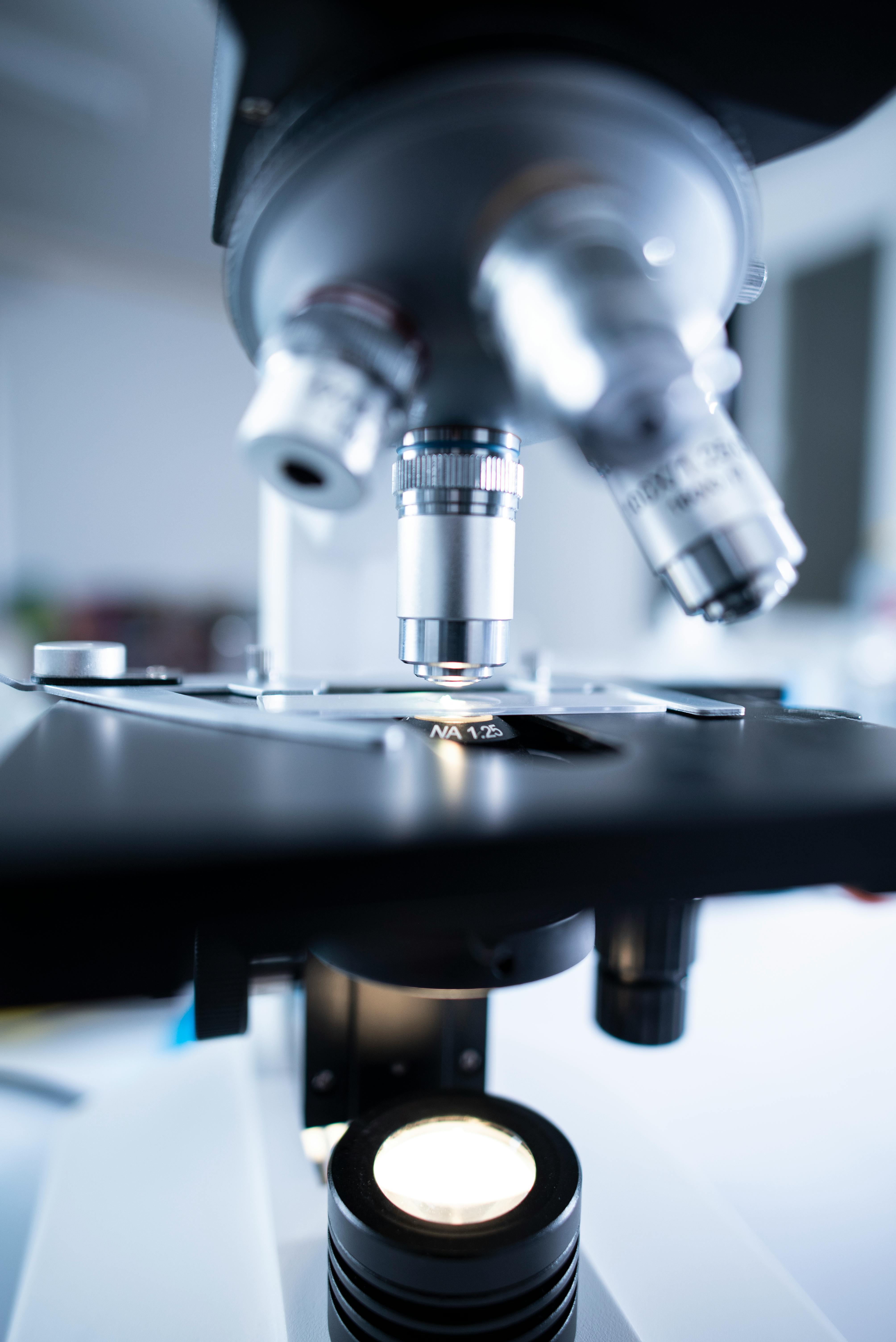
What our liver accomplishes
The liver is the powerhouse of our body and performs many vital tasks. It filters toxins from the blood, stores nutrients, produces essential proteins, and supports fat digestion. Without a healthy liver, our metabolism does not function.
Despite its important role, the liver often remains in the background. Liver diseases usually develop quietly and without noticeable symptoms. Therefore, it is crucial to keep an eye on your liver health and regularly check the relevant liver values.
Which liver values are important and how can they be tested? On this page, you will learn which blood values provide information about your liver function and how you can easily determine them from home. For further information, we recommend the pages of the Health Knowledge Foundation on the topic of liver health.The Apotheken Umschau also writes about the topic of a healthy liver.
The most important liver values and their reference ranges
Alanine aminotransferase (ALT)
Reference range: 10-40 U/L
ALT is an enzyme primarily found in liver cells and is also known as GPT (glutamate-pyruvate transaminase). Elevated ALT levels may indicate liver damage, such as from inflammation or fatty liver.
Aspartate Aminotransferase (AST)
Reference range: 10-40 U/L
Another important marker is AST (Aspartate Aminotransferase), also known as GOT (Glutamate Oxaloacetate Transaminase). AST is found in various tissues, including heart muscle, liver, and skeletal muscle. Elevated AST levels can indicate liver damage, but also heart disease or muscle injuries.
However, due to its sensitivity to pre-analytical factors, such as the stability of the sample, AST is difficult to measure reliably in the home test area. Therefore, home tests usually rely on more stable markers like ALT (GPT), which more reliably indicate liver damage.
Alkaline Phosphatase (ALP)
Reference range: 44-147 U/L
ALP (Alkaline Phosphatase), or AP, is an enzyme found in the liver, bones, and other tissues. Elevated levels may indicate liver diseases, bone diseases, or bile duct obstruction.
Bilirubin
Reference range: 0.1-1.2 mg/dL
Bilirubin is produced during the breakdown of red blood cells. Elevated levels may indicate jaundice, liver diseases, or blockages of the bile ducts.
Gamma-Glutamyltransferase (GGT)
Reference range: 10-71 U/L
GGT is an enzyme found in the liver and bile ducts. Elevated levels may indicate diseases of the liver or bile ducts.
Albumin
Reference range: 35–52 g/l
Albumin is a protein produced in the liver that performs important functions such as nutrient transport and maintaining osmotic pressure. Low albumin levels may indicate liver disease, malnutrition, or kidney disease.
Due to the requirements for pre-analytics and sample stability, albumin is not well-suited for home testing.

Next steps for your liver health
Your liver works for you every day – give it the attention it deserves. Through regular blood tests, you can check important liver values and respond early to changes.
Here's how to proceed:
- Inform yourself about the relevant liver values, such as ALT, AST, ALP, and bilirubin.
- Have your values tested regularly, to detect risks like liver diseases or gallbladder disorders early.
- Adjust your lifestyle, with a healthy diet, sufficient exercise, and avoiding liver-damaging substances like alcohol.
Remember: Prevention is the key to a healthy liver. Start now and take control of your health – your liver will thank you.
Other important organs
In addition to the liver, the thyroid gland also plays a central role in the body. It regulates the metabolism, controls the hormone production, and thus influences many important processes such as energy balance and heart function.
Disorders of the thyroid gland, such as hyperfunction or hypofunction, can disrupt the entire organism and also impair liver function. Therefore, it is important to keep an eye on the health of the thyroid gland in addition to the liver.
FAQ: Frequently Asked Questions about Liver Health
Which additional links can you recommend at Probatix?
Which additional links can you recommend at Probatix?
- The German Liver Foundation reports on all areas of liver health
- Also, the Pro Liver Initiative collects numerous infos on liver values and health
- Especially from a patient perspective, the website of the German Liver Aid helps e.V. more
What are liver values?
What are liver values?
Liver values are blood values that indicate the function of the liver. Important liver values are ALT, AST, GGT, and bilirubin, which provide information about possible liver diseases or stress.
When should I have my liver values checked?
When should I have my liver values checked?
A review of liver values is advisable in cases of symptoms such as fatigue, yellowing of the skin (jaundice), abdominal pain, or after the consumption of alcohol or medications that may burden the liver.
What do elevated liver values mean?
What do elevated liver values mean?
Elevated liver values can indicate liver damage or overload. Causes can include liver diseases, alcohol abuse, viral infections, or the intake of certain medications.
How can I improve my liver values?
How can I improve my liver values?
A healthy diet, abstaining from alcohol, regular exercise, and protection against liver diseases such as hepatitis can help promote liver health and improve liver values.
What role do reference ranges play in liver values?
What role do reference ranges play in liver values?
Reference ranges indicate the range in which liver values are considered normal. Deviations from these values may indicate problems but should always be evaluated in consultation with a doctor.
How often should liver values be checked?
How often should liver values be checked?
The frequency of monitoring depends on your individual health condition. In the case of risk factors such as alcohol abuse or known liver diseases, regular check-ups should be conducted.






